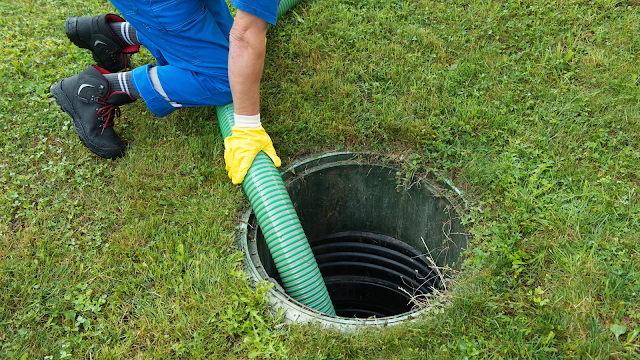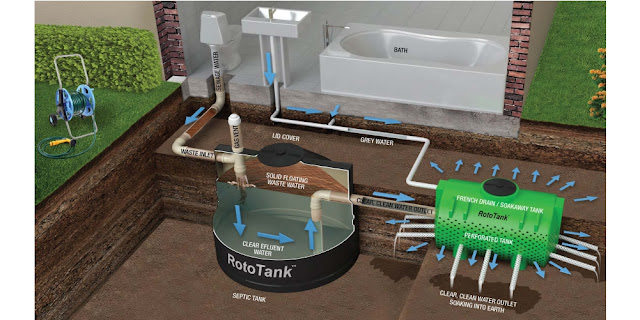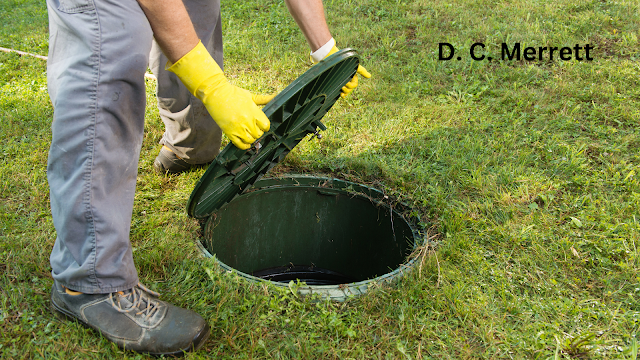Can you pour vinegar down the drain if you have a septic tank?
The Pros and Cons of Using Vinegar in Your Septic Tank: A Comprehensive Guide
Septic tanks play a crucial role in managing household waste, but their maintenance requires careful consideration. Many homeowners turn to natural remedies like vinegar for cleaning and unclogging drains. However, when it comes to septic systems, it's important to understand whether pouring vinegar down the drain is a safe and effective practice. In this article, we will explore the pros and cons of using vinegar in your septic tank and provide you with valuable insights for maintaining a healthy system.
Understanding Septic Tanks
Before delving into the impact of vinegar on septic tanks, it's essential to grasp the basics of how these systems function. Septic tanks are underground wastewater treatment systems that break down solid waste and allow effluent to filter into the drain field. These tanks rely on a delicate balance of bacteria and enzymes to effectively decompose waste. Altering this balance can disrupt the system's efficiency and lead to expensive repairs or even system failure.
The Pros of Using Vinegar
Natural Cleaning Agent: Vinegar is a popular eco-friendly cleaning agent known for its antimicrobial properties. It can effectively remove stains, odors, and mineral deposits in your drains.
Non-Toxic: Unlike many commercial drain cleaners, vinegar is non-toxic and poses no immediate danger to human health or the environment.
Cost-Effective: Vinegar is readily available and affordable, making it an appealing option for those on a budget.
The Cons of Using Vinegar
Disrupts the Balance of Bacteria: Vinegar is acidic, and pouring it down the drain can disturb the delicate balance of bacteria in your septic tank. These bacteria are responsible for breaking down organic matter, and any disturbance could hinder their effectiveness.
Kills Beneficial Bacteria: The acidic nature of vinegar can kill off the beneficial bacteria necessary for the septic tank's proper functioning. Without these bacteria, the waste decomposition process may slow down, leading to clogs and potential system issues.
May Damage Pipes: Undiluted vinegar, especially when used regularly, can corrode certain types of pipes. This can weaken the pipe structure and lead to leaks or damage.
Best Practices for Maintaining a Healthy Septic System
Regular Pumping: Schedule regular septic tank pump-outs to remove accumulated solids and maintain optimal performance.
Use Bacteria Additives: Consider using septic tank-friendly bacterial additives specifically designed to enhance the breakdown of waste and maintain a healthy balance of bacteria.
Limit Harsh Chemicals: Minimize the use of harsh chemicals like bleach, antibacterial soaps, and strong drain cleaners that can disrupt the septic system's balance.
Water Conservation: Excessive water usage can overload the septic system. Implement water conservation practices, such as fixing leaks, using low-flow fixtures, and spreading out laundry loads.
Conclusion
While vinegar has its merits as a natural cleaning agent, pouring it down the drain when you have a septic tank requires caution. The potential harm it can cause to the delicate bacterial balance and pipes outweighs its benefits. It is crucial to prioritize the long-term health of your septic system by adopting best practices, such as regular pumping, bacterial additives, and limited use of harsh chemicals. By doing so, you can ensure that your septic system operates efficiently and avoids costly repairs in the future.




Comments
Post a Comment